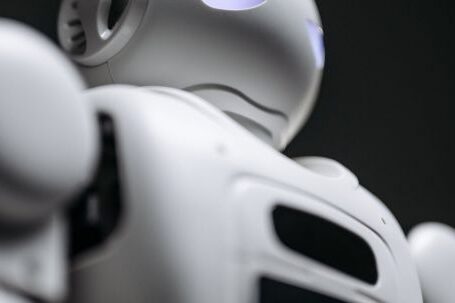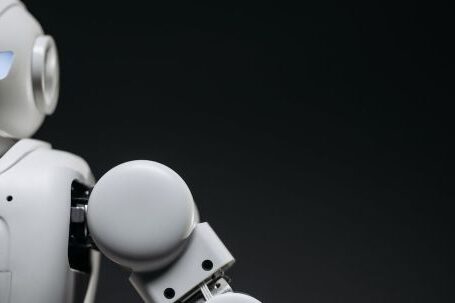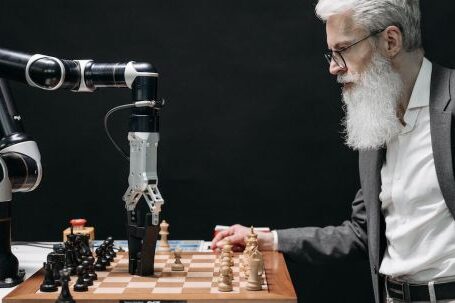In today’s rapidly evolving world, innovation has become the key to success for businesses across industries. In order to gain a competitive edge, companies are constantly seeking new ways to enhance their products and services. And one technology that is revolutionizing the way we innovate is artificial intelligence (AI). From automated processes to predictive analytics, AI is transforming the innovation landscape and opening up new opportunities for businesses.
Driving Efficiency with Automation
One of the biggest impacts of AI on innovation is in the realm of automation. AI-powered systems can automate repetitive tasks, freeing up human resources to focus on more creative and strategic endeavors. For example, in manufacturing, AI-powered robots can handle repetitive and mundane tasks, allowing human workers to focus on more complex and value-added activities. This not only enhances productivity but also enables companies to allocate their resources more efficiently.
Enhancing Decision-Making with Predictive Analytics
Predictive analytics is another area where AI technologies are revolutionizing innovation. By analyzing vast amounts of data, AI algorithms can identify patterns and make predictions about future outcomes. This enables businesses to make data-driven decisions and anticipate market trends, giving them a competitive advantage. For example, AI-powered algorithms can analyze customer data to predict their preferences and tailor marketing campaigns accordingly, resulting in higher customer engagement and conversion rates.
Accelerating Research and Development
AI technologies are also accelerating the pace of research and development (R&D) across industries. By leveraging AI algorithms, researchers can process and analyze large amounts of data in a fraction of the time it would take humans. This enables them to uncover insights and make breakthrough discoveries more quickly. For example, in the healthcare industry, AI algorithms can analyze patient data to identify patterns and develop personalized treatment plans. This not only speeds up the R&D process but also improves patient outcomes.
Fostering Creativity and Innovation
Contrary to popular belief, AI technologies are not replacing human creativity and innovation. In fact, they are augmenting and expanding human capabilities. AI-powered systems can assist humans in generating new ideas, identifying potential risks, and evaluating different scenarios. This collaboration between humans and AI is fostering a culture of creativity and innovation within organizations. For example, AI-powered tools can generate design options for architects, helping them explore new possibilities and push the boundaries of their creativity.
Creating Personalized Experiences
Personalization is becoming increasingly important in today’s customer-centric world. AI technologies are playing a crucial role in delivering personalized experiences to customers. By analyzing customer data and behavior, AI algorithms can develop detailed customer profiles and tailor products and services to individual preferences. This not only enhances customer satisfaction but also increases customer loyalty. For example, AI-powered recommendation systems can suggest personalized product recommendations based on a customer’s browsing and purchase history, leading to higher sales conversions.
The Future of Innovation with AI
As AI technologies continue to advance, the possibilities for innovation are endless. From self-driving cars to virtual reality experiences, AI is reshaping the way we live, work, and interact with technology. However, it is important to remember that AI is a tool, not a solution in itself. The success of AI-powered innovation lies in the ability of organizations to harness its potential and integrate it seamlessly into their existing processes and strategies.
In conclusion, AI technologies are revolutionizing innovation by driving efficiency through automation, enhancing decision-making with predictive analytics, accelerating research and development, fostering creativity and innovation, and creating personalized experiences for customers. As businesses continue to embrace AI, it is imperative to understand its capabilities and limitations in order to fully capitalize on its potential. By harnessing the power of AI, businesses can stay ahead of the curve and drive innovation in today’s fast-paced digital landscape.




